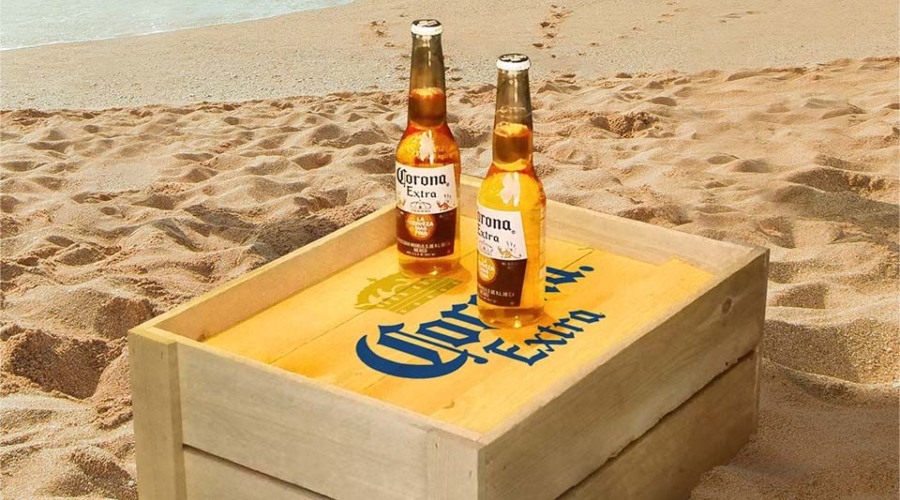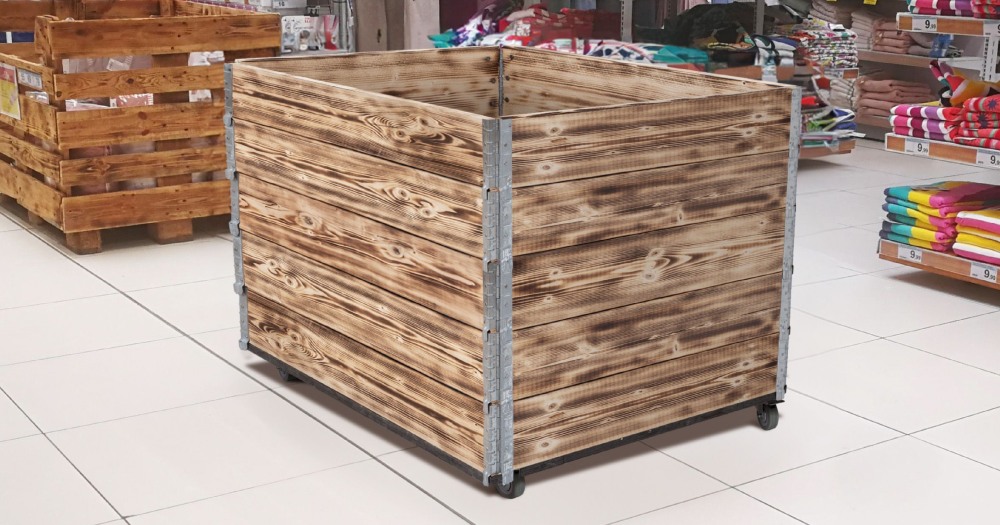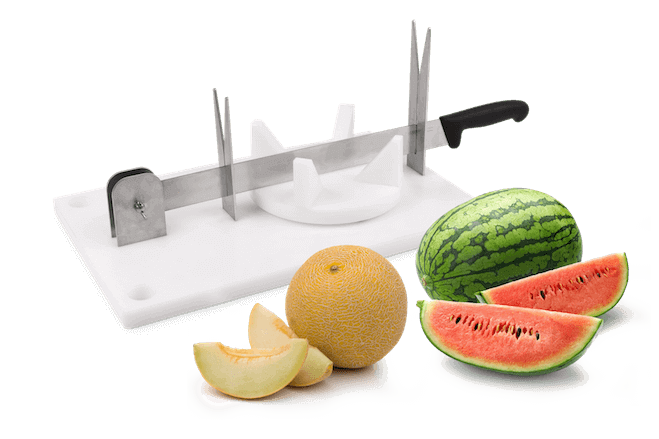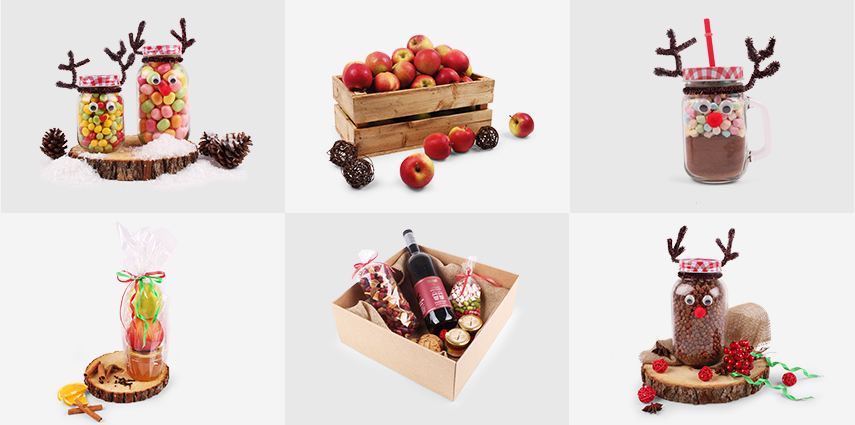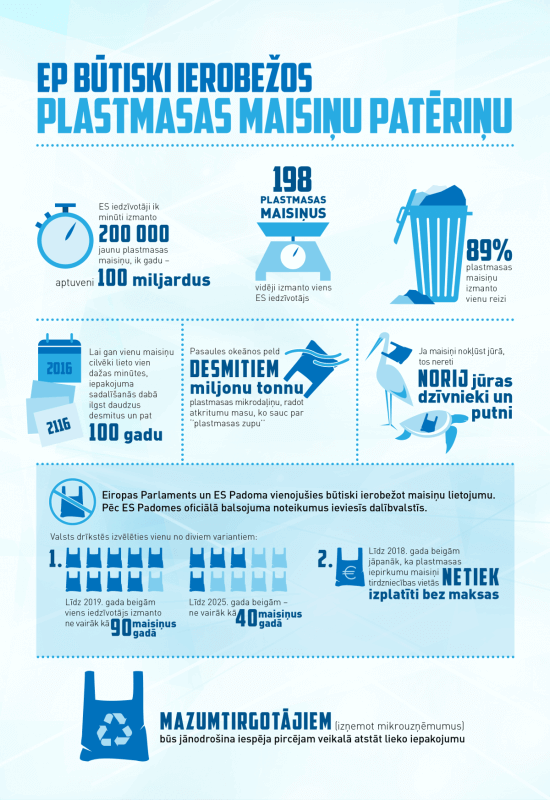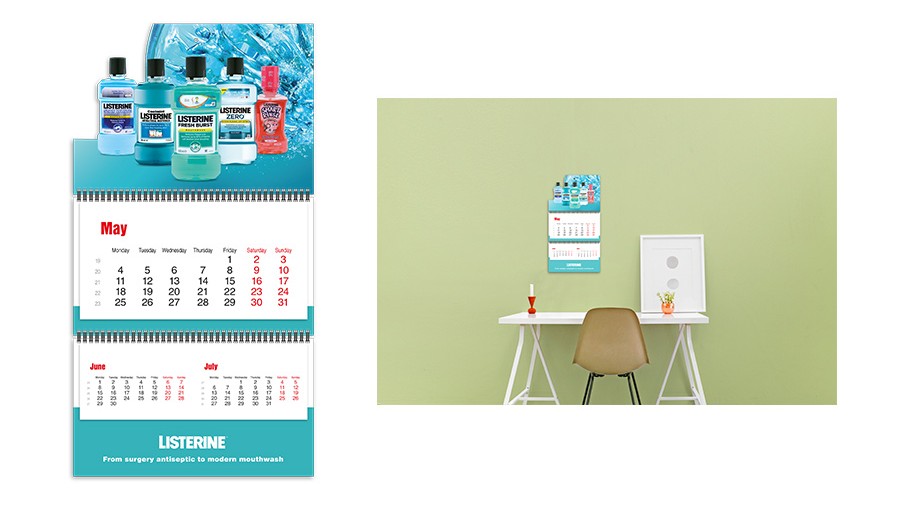Reducing Waste Through Intelligent Shelving Solutions 

In the evolving world of retail, businesses constantly seek to optimize their operations and reduce waste. As sustainability becomes more than just a buzzword, strategies that minimize waste are integral to building a greener and more efficient business model. Intelligent shelving solutions could be a good example.
Here at SprintLab, we understand that these practices not only promote a healthier planet but also provide a compelling marketing narrative. One that resonates with the conscious consumer.
Therefore this article focuses on how intelligent shelving solutions can significantly reduce food waste in supermarkets. We will delve into tech-driven shelving that tracks product expiration dates and explore dynamic shelving strategies that adjust based on product demand and turnover.
Tech-driven shelving is a way to monitor product expiration dates
Tech-driven shelving leverages technology to monitor product expiration dates. That way it ensures products are sold before they go bad and hence, reduces food waste. This approach not only minimizes waste but also ensures optimal stock management. It improves customer satisfaction by providing fresh products.
Incorporating sensors or smart labels on the shelves can help supermarkets track product freshness. These systems can alert staff when a product is approaching its expiration date, allowing them to take appropriate actions. Such as moving the product to a ‘quick sale’ section or using it in prepared foods.
For instance, Wasteless, a retail tech startup, uses AI and machine learning to monitor product shelf life and dynamically adjust prices based on expiry dates. This approach makes products closer to their expiry cheaper and more attractive to customers.
Dynamic shelving – adjusting to product demand and turnover
Another one of intelligent shelving solutions is dynamic shelving. It involves adjusting shelf space based on product demand and turnover. By prioritizing space for fast-moving products and reducing space for slower ones, supermarkets can ensure that products don’t stay on shelves long enough to expire and go to waste.
Dynamic shelving requires the use of data analytics to understand product sales trends and turnover rates. This information can guide the rearrangement of shelving space, contributing to a more efficient and waste-reducing store layout.
Take, for example, wooden stands for display from ColorWood Latvia. They create solutions to effectively manage inventory, adjust shelving strategies, and significantly reduce food waste. These wooden stands help companies save costs and promote sustainability while they’re at it.
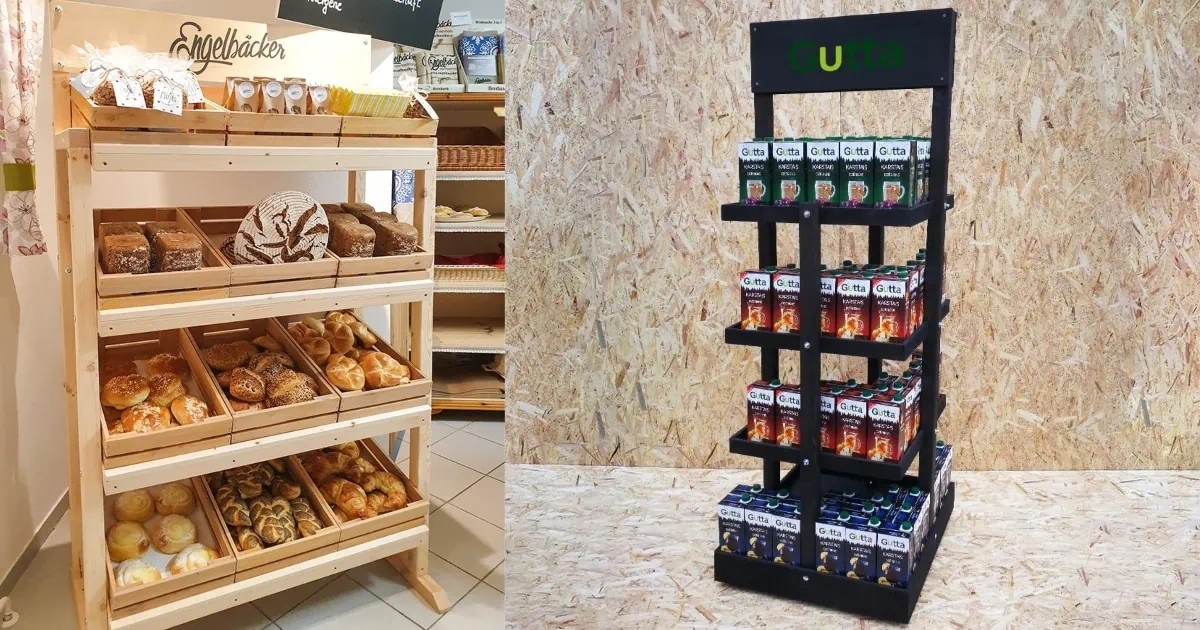
Linking intelligent shelving to superior marketing practices
Reducing food waste through intelligent shelving not only contributes to sustainability but also provides a unique selling point for your supermarket. And consumers increasingly prefer businesses that demonstrate environmental responsibility.
After all, showcasing your waste reduction efforts can therefore enhance your brand image and attract a more conscious consumer base.
To check out more about sustainability oriented solutions, see our articles about how:
- Sustainability Meets Safety with Eco-Friendly Pallet Collars
- Incorporating Eco-Design Principles in Product Packaging
And in conclusion for this article, intelligent shelving solutions offer an innovative approach to minimizing food waste in supermarkets. Let’s move towards an efficient and sustainable future, one shelf at a time.


